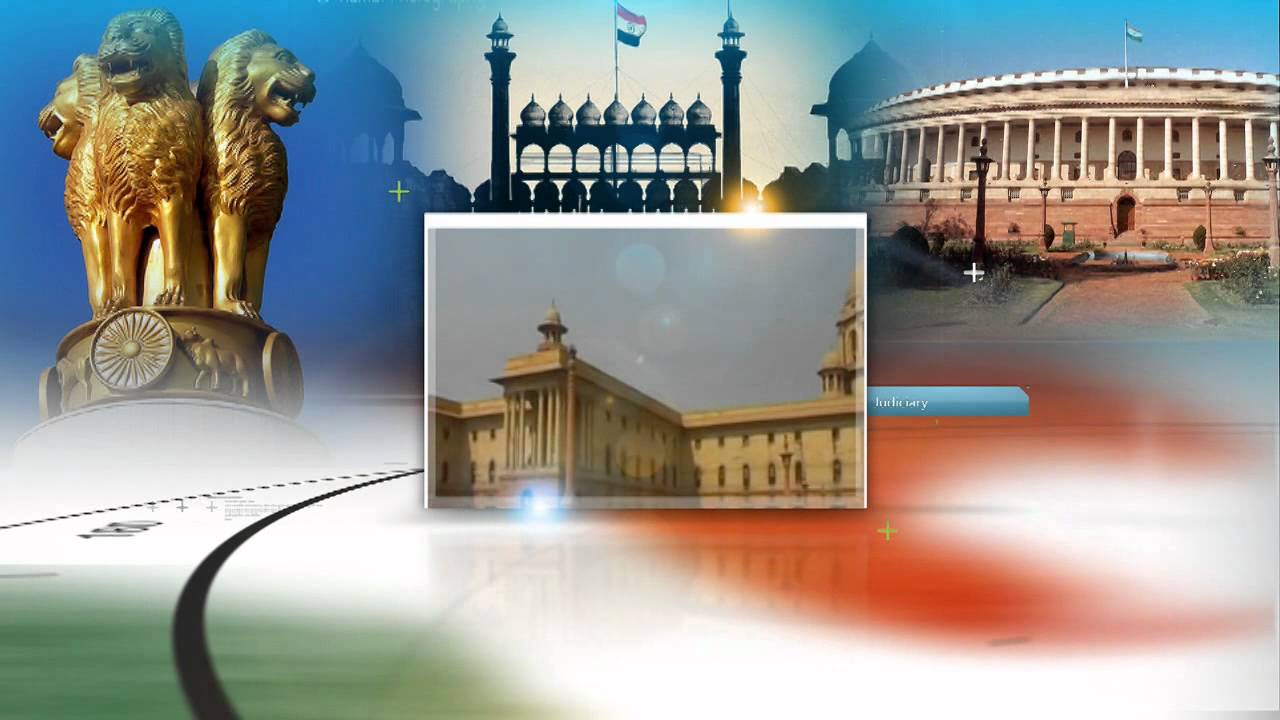Font size:
Print
Enmity
Context:
The Manipur government had declined to prosecute the accused under Section 153A for promoting enmity among different groups.
More on news:
- In this case, two kuki-zo women were paraded naked in Manipur due to ethnic conflict in the state.
- It led to public outrage and ultimately the registration of a First Information Report (FIR) by police.
- The Supreme Court transferred the case to the Central Bureau of Investigation (CBI).
Enmity and Indian Laws: Section 153A of (IPC)
- Key grounds of promoting enmity are: Religion, race, place of birth, residence, language, caste and community.
- The law prohibits promoting disharmony, feelings of enmity, hatred, or ill-will between these different groups through words, signs, visible representations, or other means.
- It also criminalises acts that are prejudicial to the maintenance of harmony between these groups and disturb or are likely to disturb public tranquillity.
Section 196 of the Bharatiya Nyaya Sanhita, 2023 (BNS), deals with similar issues as those covered by Section 153A of IPC, but it expands to encompass electronic communication as a medium of promoting enmity.
Ethical dimensions:
- Violation of Fundamental Rights: Enmity infringes the fundamental rights such as the right to equality, the right to freedom of religion.
- Threat to Social Cohesion: This can lead to polarisation, violence, and a breakdown of the delicate balance between different communities.
- Erosion of Democratic Values: It is antithetical to the democratic principles of tolerance, mutual respect, and peaceful coexistence.
- Undermining Secularism: India’s constitutional commitment to secularism is challenged when enmity is promoted on religious grounds.
|
How do other countries address enmity?
|


